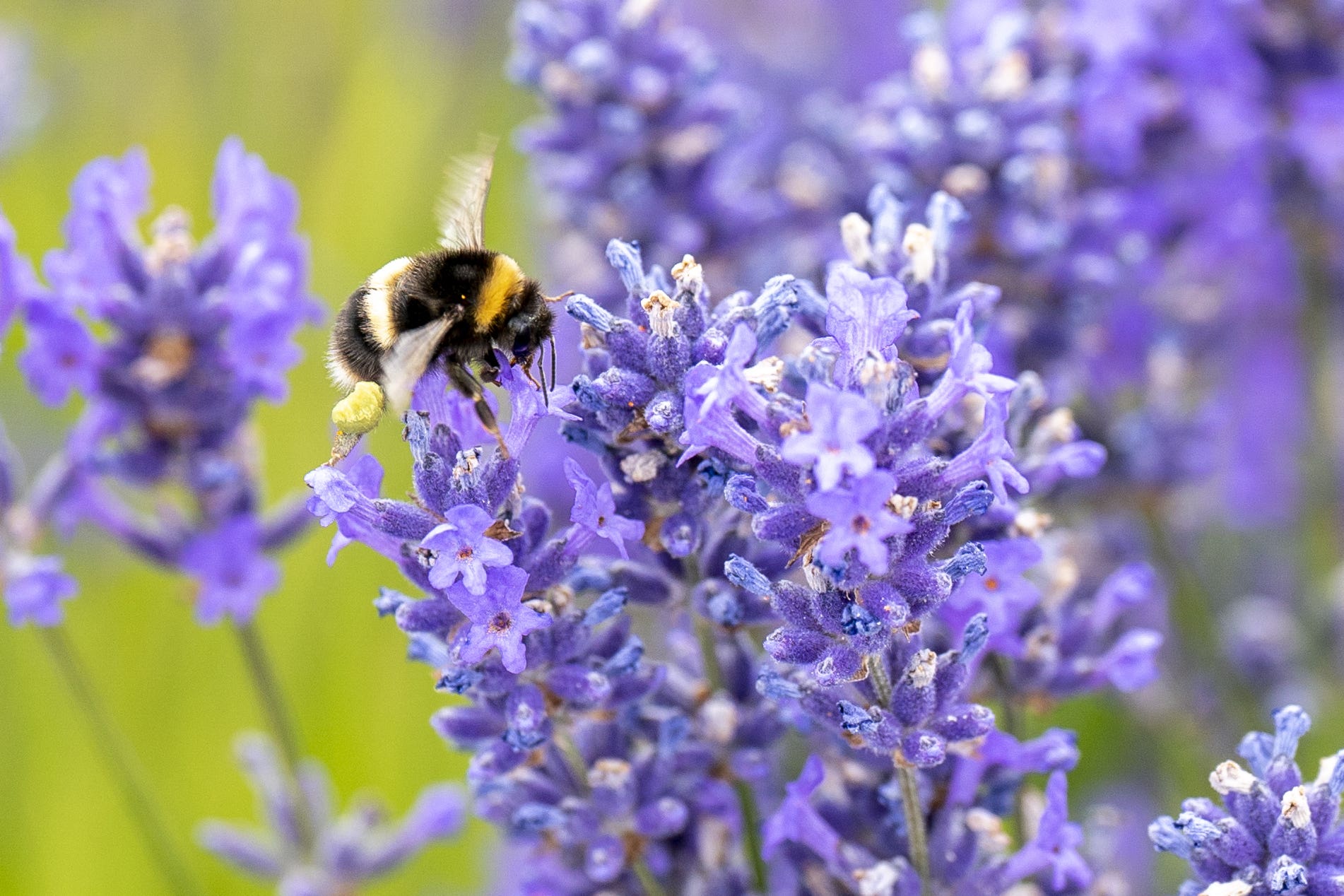Bumblebees ‘teach others to solve puzzles that are too complex to learn alone’
The insects learn complex tasks through social interaction, challenging the long-held view that this trait is unique to humans.

Your support helps us to tell the story
From reproductive rights to climate change to Big Tech, The Independent is on the ground when the story is developing. Whether it's investigating the financials of Elon Musk's pro-Trump PAC or producing our latest documentary, 'The A Word', which shines a light on the American women fighting for reproductive rights, we know how important it is to parse out the facts from the messaging.
At such a critical moment in US history, we need reporters on the ground. Your donation allows us to keep sending journalists to speak to both sides of the story.
The Independent is trusted by Americans across the entire political spectrum. And unlike many other quality news outlets, we choose not to lock Americans out of our reporting and analysis with paywalls. We believe quality journalism should be available to everyone, paid for by those who can afford it.
Your support makes all the difference.Bumblebees can teach each other to solve complex puzzles that are too difficult to learn alone through trial and error, scientists have found.
Experiments have shown the insects are able to learn a complicated puzzle box task from their peers to gain access to a sugar reward.
But when there was no help involved, individual bees struggled to complete the puzzle from scratch.
The researchers said their study, published in the journal Nature, shows bees can learn complex tasks through social interaction, challenging the long-held view that this trait is unique to humans.
To carry out the study, the scientists set up a two-step puzzle box task where the bees first had to learn how to move an obstacle before operating a rotating lid that could be opened to access a sugar solution.
The scientists trained “demonstrator” bees to complete the task, with a temporary reward at the first step.
Untrained bees learned to open the two-step box from the demonstrators without needing a reward after the first step.
However, when there were no demonstrators to show how it was done, the bees failed to solve the puzzle independently through trial and error.
Lead author Dr Alice Bridges said: “This is an extremely difficult task for bees.
“They had to learn two steps to get the reward, with the first behaviour in the sequence being unrewarded.
“We initially needed to train demonstrator bees with a temporary reward included there, highlighting the complexity.
“Yet other bees learned the whole sequence from social observation of these trained bees, even without ever experiencing the first step’s reward.
“But when we let other bees attempt to open the box without a trained bee to demonstrate the solution, they didn’t manage to open any at all.”
The team said their work “opens exciting possibilities” for understanding how cumulative culture evolved.
Cumulative culture refers to the gradual accumulation of knowledge and skills over generations, allowing for refinement of ideas, technologies, and practices though collective intelligence.
Lars Chittka, professor of sensory and behavioural ecology at Queen Mary University of London, said: “This challenges the traditional view that only humans can socially learn complex behaviour beyond individual learning.
“It raises the fascinating possibility that many of the most remarkable accomplishments of the social insects, like the nesting architectures of bees and wasps or the agricultural habits of aphid- and fungus-farming ants, may have initially spread by copying of clever innovators, before they eventually became part of the species-specific behaviour repertoires.”
Meanwhile, another study, published in the journal Nature Human Behaviour, has shown that chimpanzees can learn a new skill by observing each other.
Scientists from the Netherlands and Belgium trained a chimpanzee to solve a puzzle box that required three steps to open to gain a food reward, and it was then able to pass on the knowledge to 14 others, among a cohort of 66.